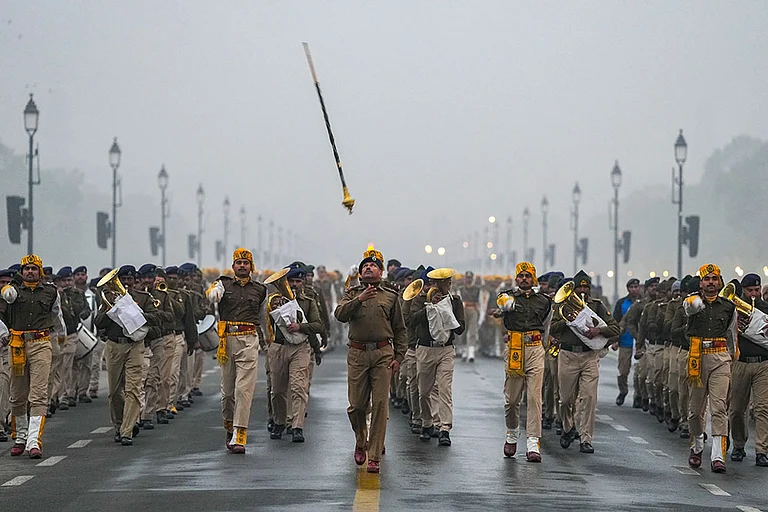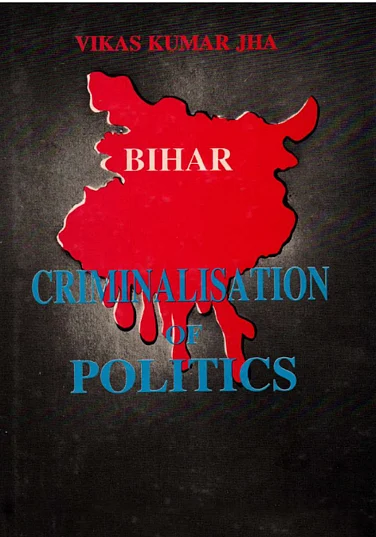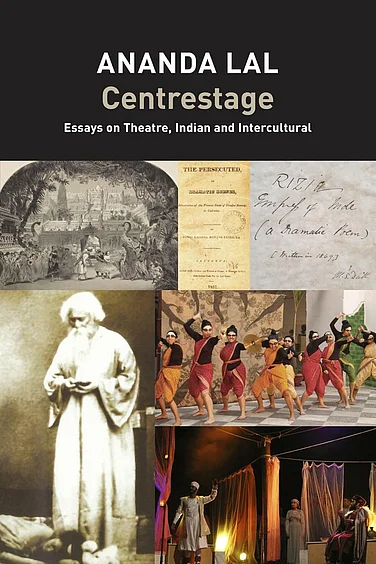Constrained from doing that, one key question first: why has decades of Indian writing in English not thrown up a single character-barring perhaps, Mr Biswas-who lingers in the memory, who disturbs, who evokes complex responses in the reader, whose actions and fate one mulls over long after the book has regretfully been put down?
Desai's novel had the shape of one such, but she brushes over it. Fasting, Feasting is about a typical, stiflingly close-knit family in small town northern India, at the head of which presides 'MamaPapa'-a stiff image of unbending parental authority, and in an unimaginative, unintuitive sort of way, love. MamaPapa mirror each other unfailingly, that they can ever act separately, impelled by their own personalities is a sacrilege too heinous to even think of. At the novel's centre is Uma-their frumpy, eldest daughter who stumbles over her own toes, slops the tea she serves and works at her studies with raging enthusiasm yet fails to pass her exams.
But clumsy, inept Uma has the makings of a classic tragi-comic character. The owlish glint of her thick glasses, her pimply skin and oafish ways conceal a perceptive, watchful spirit, and a keen inner life. Pulled violently out of the convent school, she loves to nanny her newly-born brother. Uma spends the mulish routine of her days troubled by an inchoate desire to attach herself and merge with something larger. She throws herself recklessly into the heady swirl of a river, rushes off with pilgrim fervour to an ashram with her Mira-masi and shrivels with disappointment looking at her parents, thinking "Is this what love is?" But each time Uma seeks flight, she's hauled back rudely; at the end all she's left with to savour is a Christmas card collection gifted to her by her friend, dowdy Mrs O'Henry.
The idea of a sensitive, fervid Uma, unrecognised by the world is sufficient to make for a great literary character, yet like all her kin, she slips from one's memory without a moment's disquiet as soon as the book is shut. Some of the most powerful characters in literary history, like her, have led small, unremarkable lives. If they can dominate our imaginative landscapes long years after they were written about, why can't Uma?
Harold Bloom writing on Shakespeare defines a literary 'character' as one who alters in the course of a narrative, who's changed by what happens in the book, who thinks himself into a different being. As readers, we respond to this because we know it to be true of our own lives. But here's where Indian writers in English have consistently failed to deliver. Their characters have no dramatic emotional life; as authors they are not intimate with their characters, and they do not sweep us into the world of their narratives. Their writing poses no challenge to the reader's attitudes; nor is it driven by the writer's own anxieties.
In Fasting, Feasting, Uma as a 45-year-old woman living a life of shame and rejection in her parents' home, is undistinguishable from the bumbling, over-wrought child at the start of the book. Nothing that happens to her is graven on her soul. Not the painful, farcical travesty of her marriage, not the death of her beautiful, intelligent cousin, Anamika, not the disappearance of her mis-shapen, restless friend, Ramubhai. That she may not be able to change the shape of her life is acceptable; that she does not change herself, makes her uninteresting. It belies the novel's hinting at a keener being.
Ironically, Desai gives away her own essential uninvolvement with her character. Midway through the book, she drops the curtain on the sketchy but poignant dignity of Uma's life and her small resistances and moves to far-away America to pick up the threads of Uma's brother, Arun's life. This part of the book hangs like an unpleasant codicil. Arun is a dull, dogged sort of boy, entirely without spark. Why Desai should drag her readers through the tedium of his search for a palatable vegetarian meal in beefy suburbia beats the imagination. Sure he's lonely, sure it's a playoff of cultures, one emotionally stifling, one sterile-but the point is too slight to be made and the evolution of Uma into a memorable literary character is sacrificed at its altar.






















